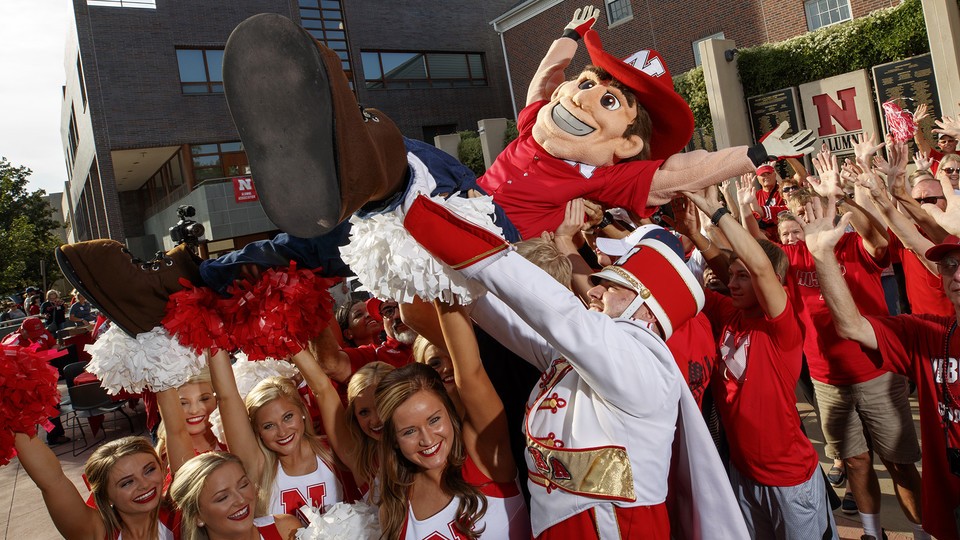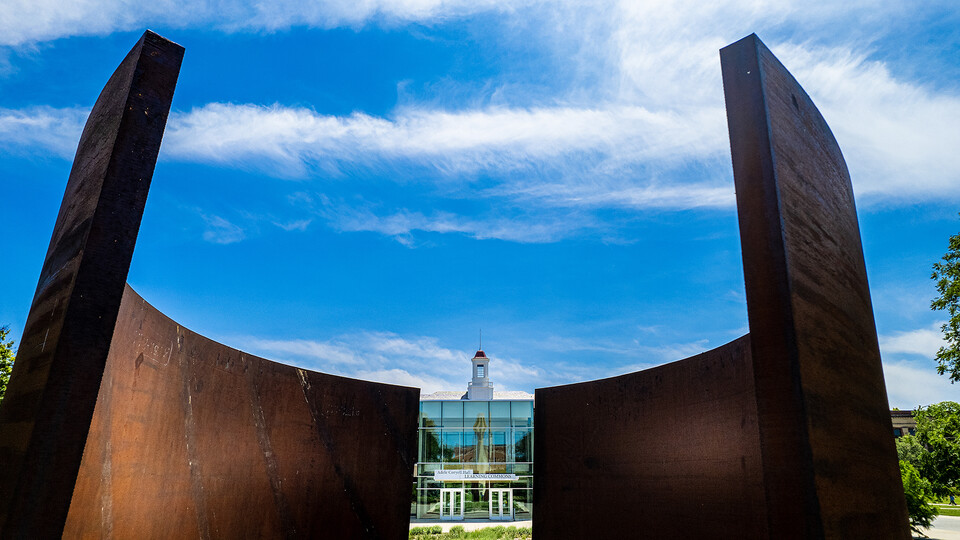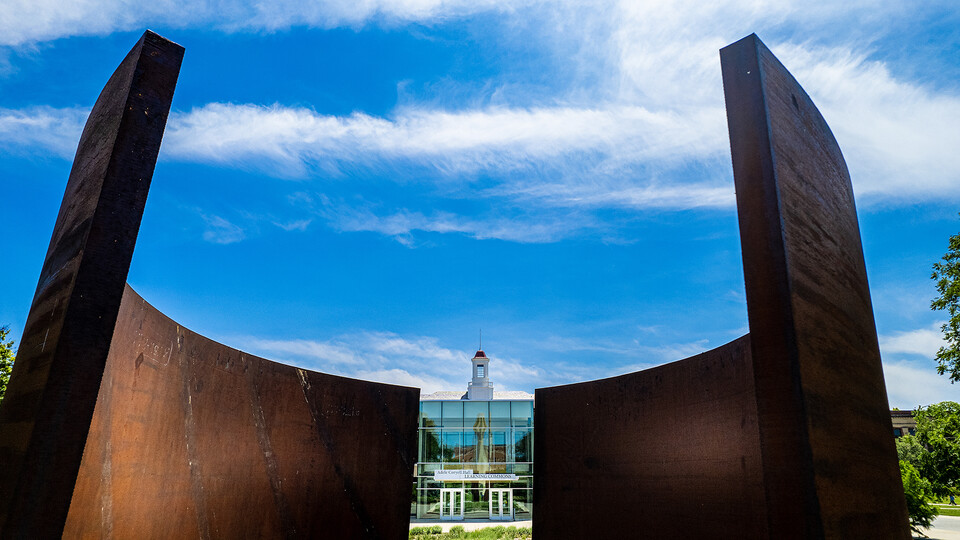
Massimiliano Pierobon, assistant professor of computer science and engineering, and Yansha Deng, a visiting graduate student, were among co-authors on a paper that received the 2017 Best Paper award at the Institute of Electrical and Electronic Engineers' Global Communications Conference. The paper, "A Microfluidic Feed Forward Loop Pulse Generator for Molecular Communication" earned the award in the Molecular, Biological and Multi-Scale Communications category. Deng, a student at King's College London, began the research while studying as a visting post-doctorate at Nebraska in 2016. The topic stemmed from her research and an idea Pierobon began developing as a doctoral student.
Saravanan Raju, a research engineer in Computer Science and Engineering, received the 2017 Jane N. Ryland Fellowship from Educause, the largest association of computing and information technology professionals in higher education. The Ryland fellowship program is designed to help build future leaders in computing and information technology. It recognizes an individual's past achievement, and personal and institutional commitment among other aspects, while fostering professional development.
Jesse Casas, a sophomore political science and classics and religious studies major, was selected to attend the 18th annual Public Policy and Leadership Conference at Harvard University's John F. Kennedy School of Government. More than 800 applications were received from 220 different institutions. Casas was one of 73 students selected.
Colton Harper, a junior computer science major, had a paper accepted to the Institute of Electrical and Electronic Engineers' International Conference on Computer Communications, which is April 15-19 in Honolulu, Hawaii. The paper, “Estimating Information Exchange Performance of Engineered Cell-to-cell Molecular Communications: A Computational Approach,” examines the implementation of molecular communication through synthetic biology. The paper was co-authored by Harper, Massimiliano Pierobon, assistant professor of computer science and engineering, and Maurizio Magarini of Politecnico di Milano in Milan, Italy.


